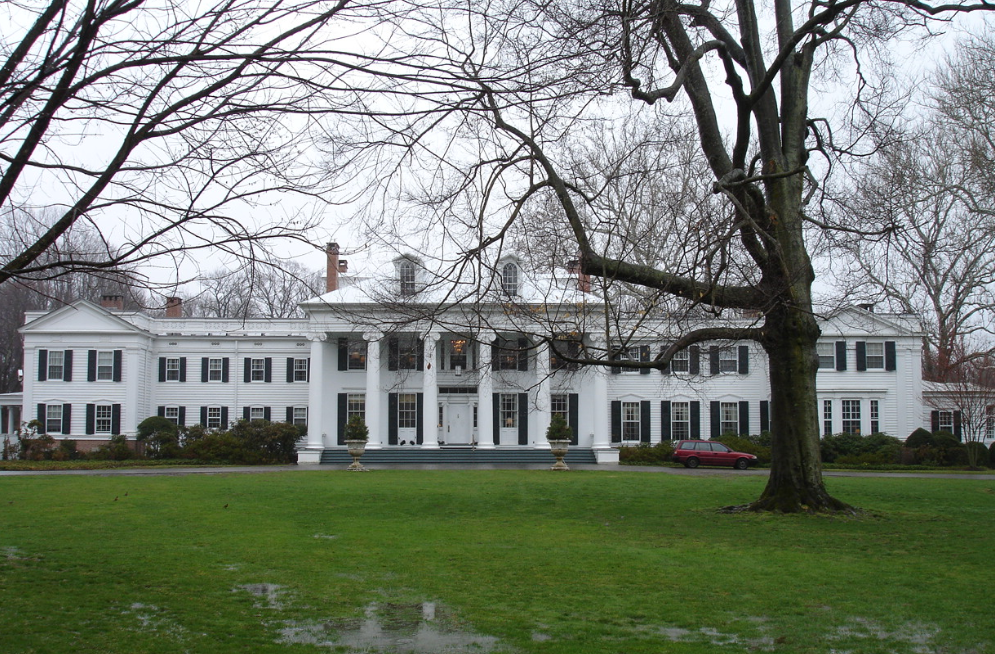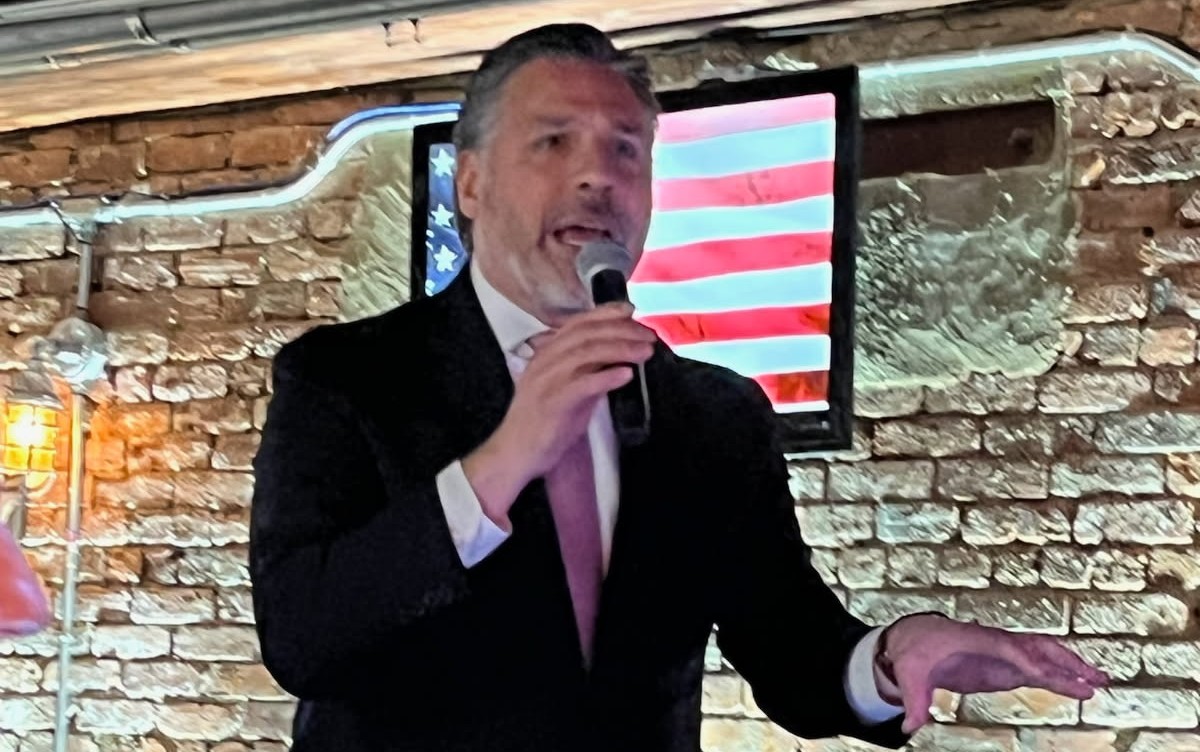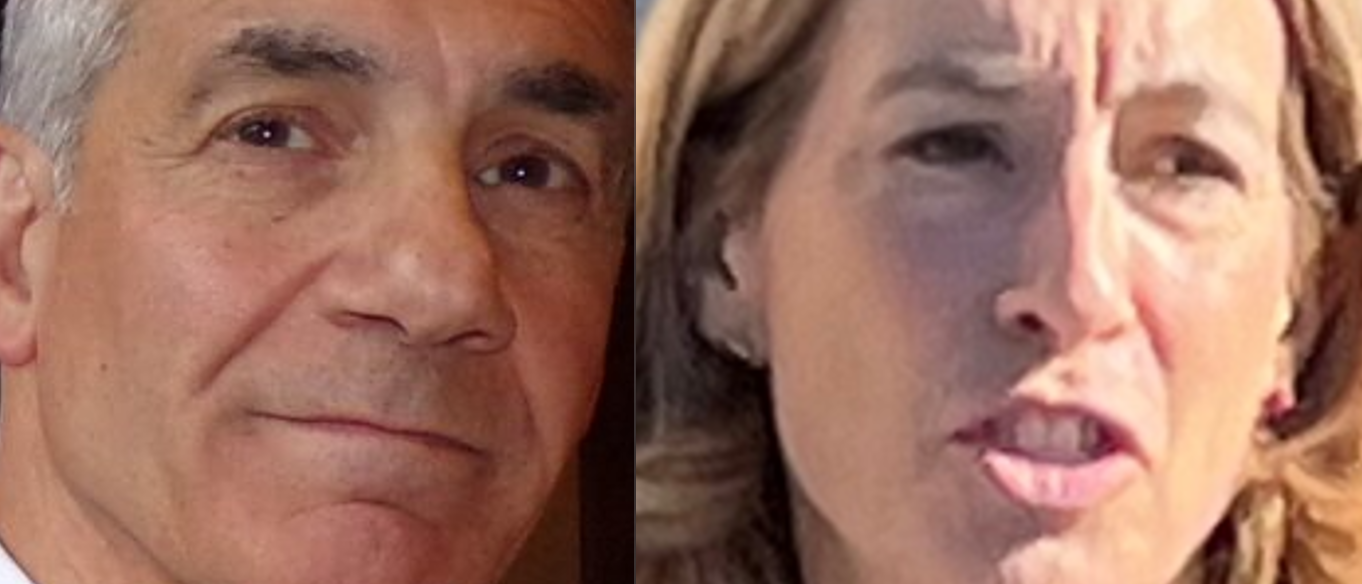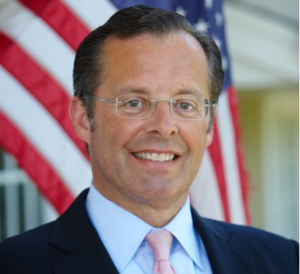
Everyone is in a bubble, right?
We have left wing bubbles, right wing bubbles, pro-life bubbles, pro-choice bubbles and the like. While it leads to polarization, it’s human nature for people to associate with those who think the way they do – at least to some extent.
Ok. But what’s the point?
The point is fresh evidence that the largest bubble of them all is of people who just don’t care. Or at least don’t care about public life and events.
That’s unfortunate.
On the heels of the presidential election, we saw a Rutgers-Eagleton poll about next year’s gubernatorial race. It has been shaping up for months, but things will truly heat up after the first of the year with competitive primaries for both parties looming.
The poll tested voters’ preference for the six Democratic and three Republican candidates who are running, or expected to run.
Most people don’t know who they are. Ugh!.
Let’s break it down.
On the GOP side, we start with Jack Ciattarelli who got about 1.2 million votes-plus in almost beating Phil Murphy in 2021.
Nonetheless, the poll says 41 percent do not know who he is.
I get it, somewhat at least. There are probably people out there who recall voting “against Murphy,” but they forget for whom they actually voted.
Bill Spadea, another candidate, likes talking about having a highly-rated radio show on 101.5.
Maybe high ratings are not what they used to be. The poll says 60 percent of respondents did not know who Spadea is.
How about Jon Bramnick, a long-time legislator who also does stand-up comedy?
Well, 68 percent did not recognize his name.
As for the Dems – Ras Baraka, Sean Spiller, Steve Fulop, Josh Gottheimer, Steve Sweeney and Mikie Sherrill – they are also largely unknown.
The candidate who is the least unknown at 44 percent is Sweeney. That makes some sense, given the fact Sweeney had a long career as Senate President.
All of the other Democrats were unknown to more than half of those responding.
As this poll suggests, any broad study of the population at large reveals people who simply do not pay attention to politics and current events – especially here in New Jersey.
This is not new.
Just about all of those running for governor are known within their circles – or, if you will, bubbles. But they are unknown to the much larger bubble.
Clearly, many people don’t go to political events, watch the cable TV news show or even read a local newspaper or news site. And let’s not forget that newspapers do not cover news as closely as they once did.
It’s hard to see that changing.
As for the candidates, the fact they are very much anonymous figures statewide means little. At the moment, they just have to appeal to primary voters (a fairly small bubble) and party leaders – an exceptionally small bubble.
That’s how politics unfolds, but in a larger sense, it’s simply not good for democracy if citizens do not recognize some of the more significant political figures in the state.
This is not the fault of the politicians, who tend to get blamed for just about everything.
The public has an obligation to pay attention.
(Visited 26 times, 26 visits today)
Living in a gubernatorial bubble is a unique experience that few people get to witness firsthand. Insider NJ recently spoke with several individuals who have had the opportunity to work closely with governors in New Jersey, shedding light on what it’s like to live in this exclusive world.
One of the key insights shared by these insiders is the intense level of scrutiny that comes with being in the governor’s inner circle. Every decision, every action, and every word spoken is analyzed and dissected by the media and the public. This constant pressure can be overwhelming at times, leading to a sense of isolation and paranoia.
Despite the challenges, living in a gubernatorial bubble also comes with its perks. Insiders have access to high-level meetings, exclusive events, and influential people that most individuals can only dream of. They have the opportunity to shape policy, influence decision-making, and make a real impact on the state.
However, this level of access and influence can also be a double-edged sword. Insiders must navigate complex political dynamics, manage competing interests, and make tough decisions that can have far-reaching consequences. The pressure to perform and deliver results can be immense, leading to high levels of stress and burnout.
Another key insight from Insider NJ’s interviews is the importance of trust and loyalty in the gubernatorial bubble. Insiders must be able to trust their colleagues implicitly, knowing that their actions and words will not be used against them. Loyalty is paramount, as any hint of disloyalty can lead to being ostracized from the inner circle.
Overall, living in a gubernatorial bubble is a unique and challenging experience that requires a combination of skill, resilience, and political savvy. Insiders must be able to navigate the complexities of power and influence while maintaining their integrity and values. It’s a world that few get to experience, but for those who do, it can be both rewarding and demanding.



